The immune system is complex and protects the body from infection and disease, but stress, lack of sleep, poor nutrition, and other factors can wear down our natural defenses.
Let’s look at 10 natural and easily obtained herbs that can boost immunity as we push through the last months of winter cold.
1. Astragalus
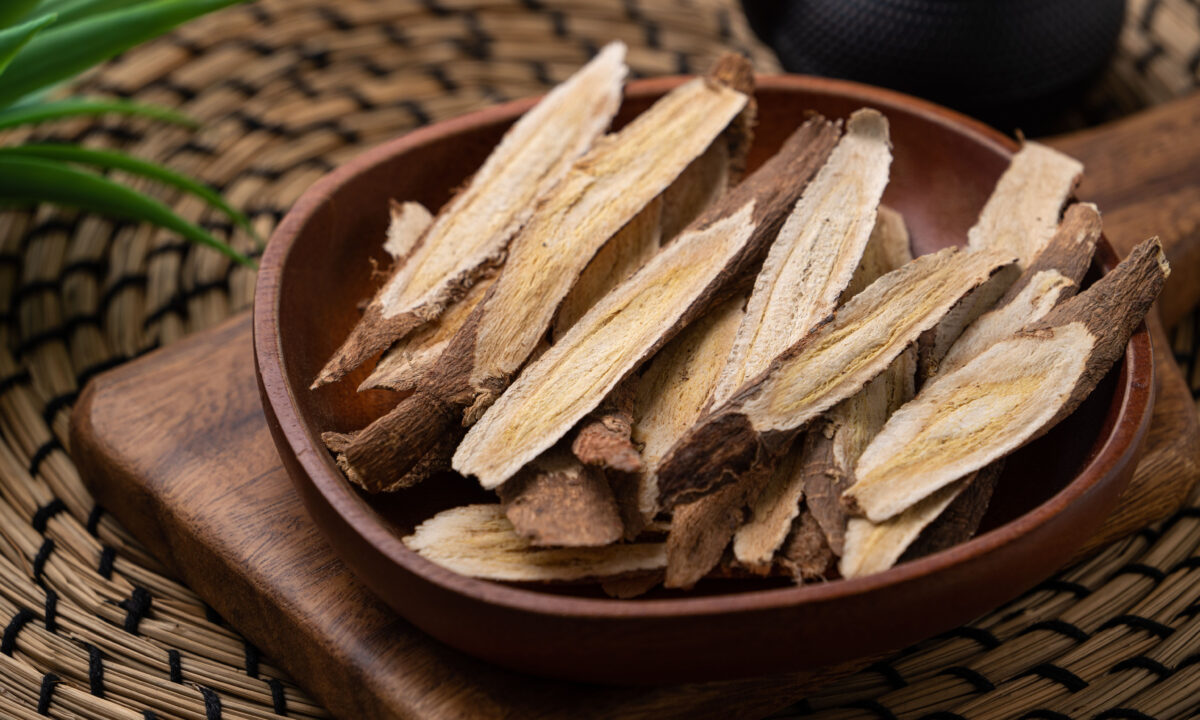
Astragalus, also called huangqi, is a root used in ancient Chinese medicine to strengthen and regulate the immune system. It has been used to alleviate many conditions, including respiratory infection, hay fever, asthma, and chronic kidney disease.
A systematic review of studies found that astragalus regulates immune function, promotes the proliferation of immune cells, stimulates the release of cytokines (which control the growth of immune cells), and influences the secretion of immunoglobulin (antibodies) and conduction of immune signals.
The National Institutes of Health (NIH) reported that astragalus “may be safe when used orally and appropriately” and that doses up to 60 grams daily for up to four months have been used without reported adverse effects. Possible but uncommon side effects include rash, itching, nasal symptoms, and stomach discomfort.
2. Cinnamon
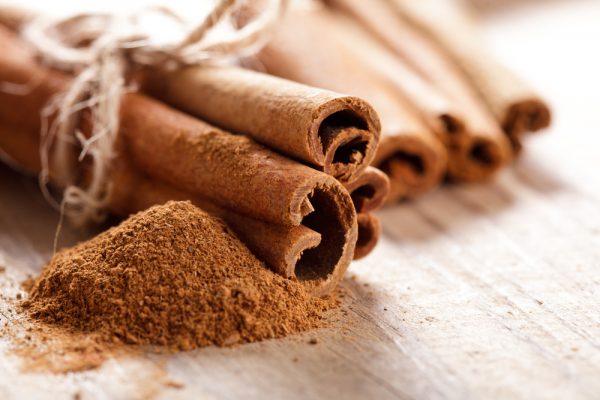
Cinnamon is a powerful antibacterial and antifungal spice that can help the immune system fight off infection. This aromatic spice can also relieve symptoms of autoimmune disorders.
One study found that cinnamon offers significant relief of rheumatoid arthritis and multiple sclerosis symptoms, and another found that cinnamon and its ingredients can help treat COVID-19 infection.
3. Black Pepper
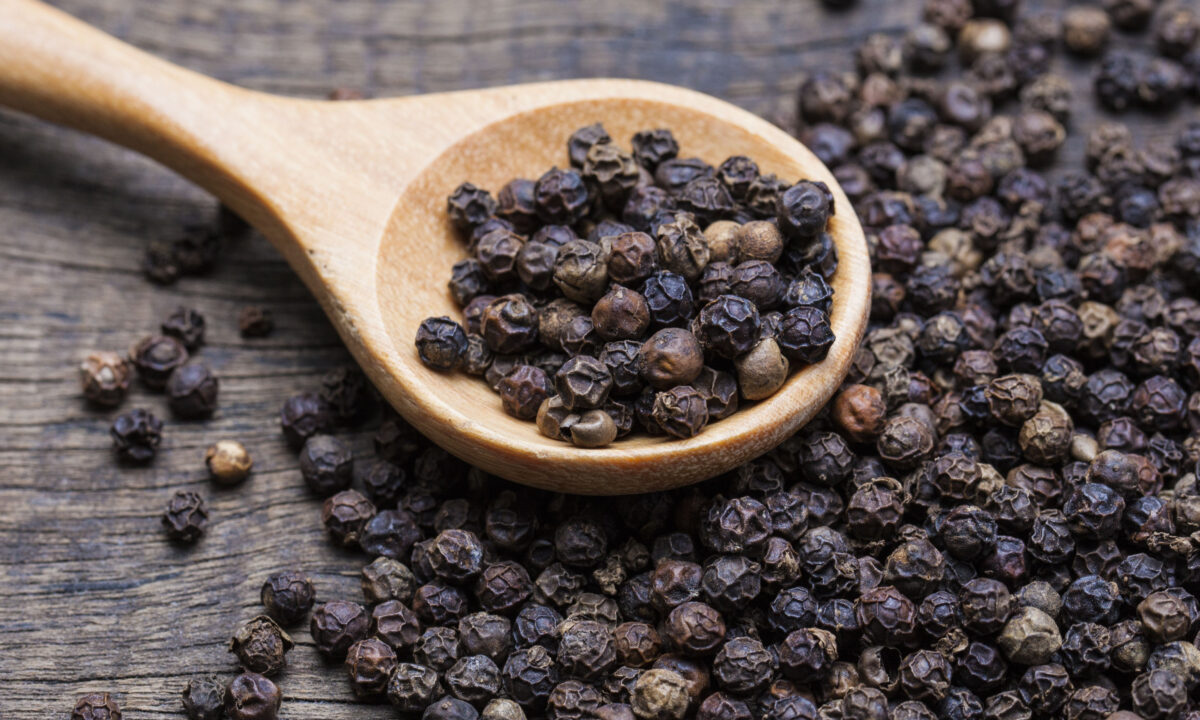
One of the most common spices in everyday cooking, black pepper has also shown promise in fighting cancer.
A study confirmed that black pepper extract significantly enhances the cytotoxic activity of natural killer cells, and the study strongly suggested that the extract can exert immunomodulatory and anti-tumor action that can promote the maintenance of a healthy immune system.
Another in vitro study found that the active ingredient in pepper, piperine, boosts the immune system to slow the replication of breast, prostate, and colon cancer cells and could induce cancer cell death.
4. Garlic
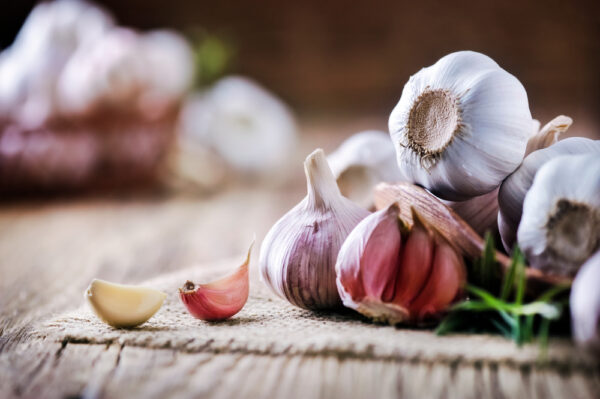
Used as both a spice and food for thousands of years, garlic has been found by researchers to offer a broad range of health benefits, especially as an immune system booster.
A systematic review of studies found that garlic appears to enhance immune function by stimulating certain immune cell types, including macrophages, lymphocytes, and natural killer cells.
Another randomized controlled trial looked for evidence that aged garlic extract could boost human immune function against respiratory infection. While the number of study participants who caught a cold or flu wasn’t significantly different, researchers found that the garlic group experienced a reduction in the number of cold and flu symptoms and in the number of work or school days missed.
5. Holy Basil
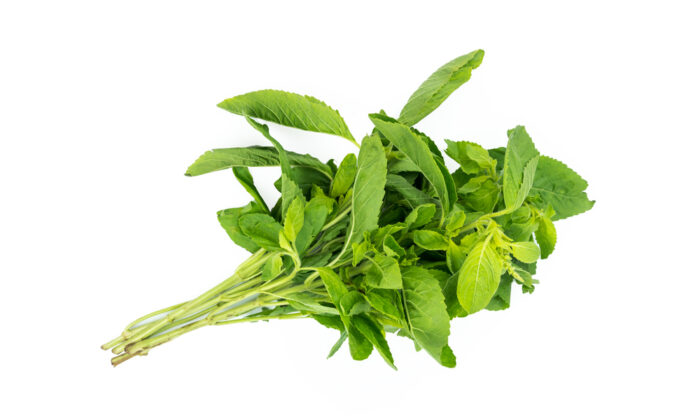
Different from common basil, holy basil is native to India and is a component of Ayurvedic medicine. Research found that holy basil inhibited the growth of multidrug-resistant bacteria that include Staphylococcus, Enterococcus, and Pseudomonas.
A different randomized controlled trial confirmed that holy basil boosted crucial immune factors in the participants’ blood.
6. Rosemary
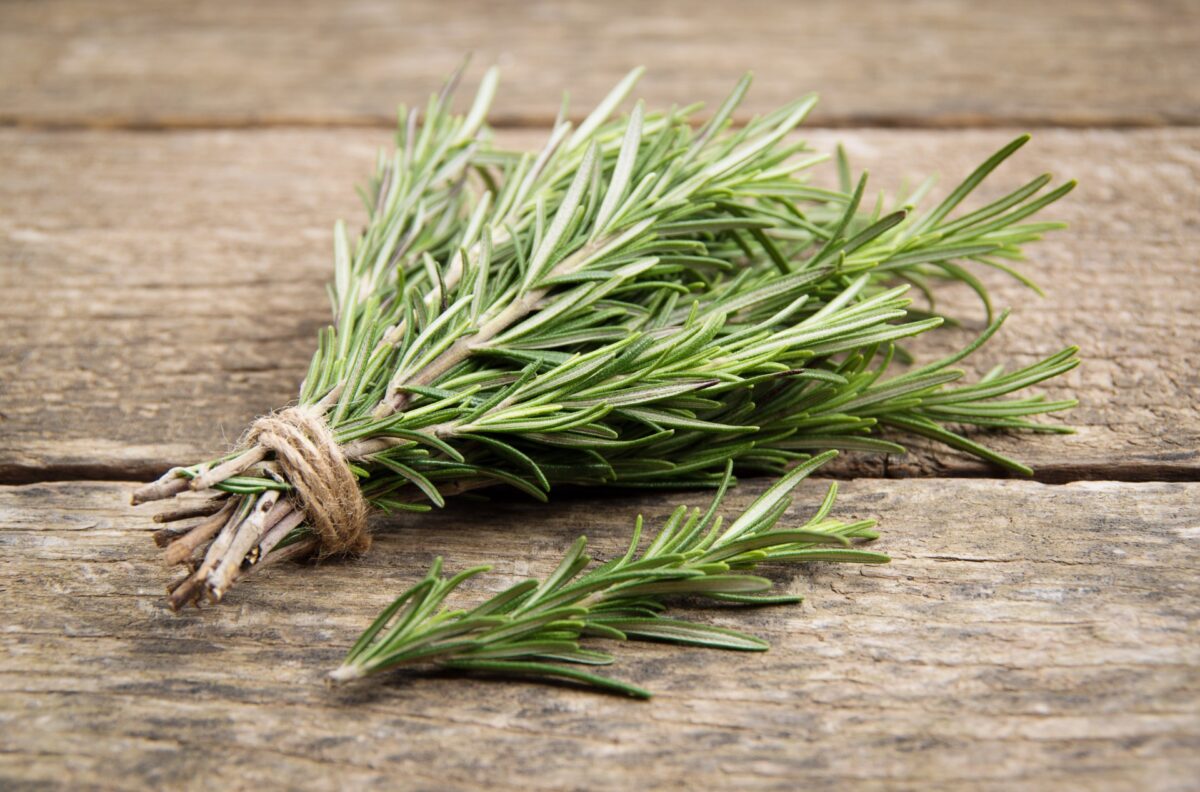
Rosemary contains rosmarinic acid, which has been shown to modulate the immune response to have anti-allergy and decongestant properties. In a study with 29 participants, those given rosmarinic acid had decreased amounts of immune cells in nasal mucus and reduced nasal congestion.
A review of studies concluded that rosemary has significant antimicrobial, anti-inflammatory, antioxidant, and neuroprotective properties.
7. Ashwagandha
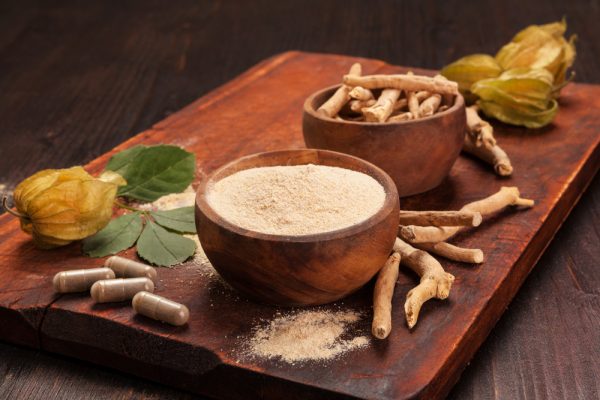
Ashwagandha is a small woody plant native to India and North Africa that is used in Ayurvedic medicine. A clinical trial found that five participants who took six milliliters of ashwagandha root extract twice daily for four days showed significant increases in immune cell activity.
A randomized, double-blind, placebo-controlled trial found that ashwagandha extract significantly improved the immune profile of healthy subjects by modulating their innate and adaptive immune systems.
Researchers concluded that ashwagandha could be used to boost the immune system in people at risk for infection and during “widespread infections.”
8. Black Cumin Seeds
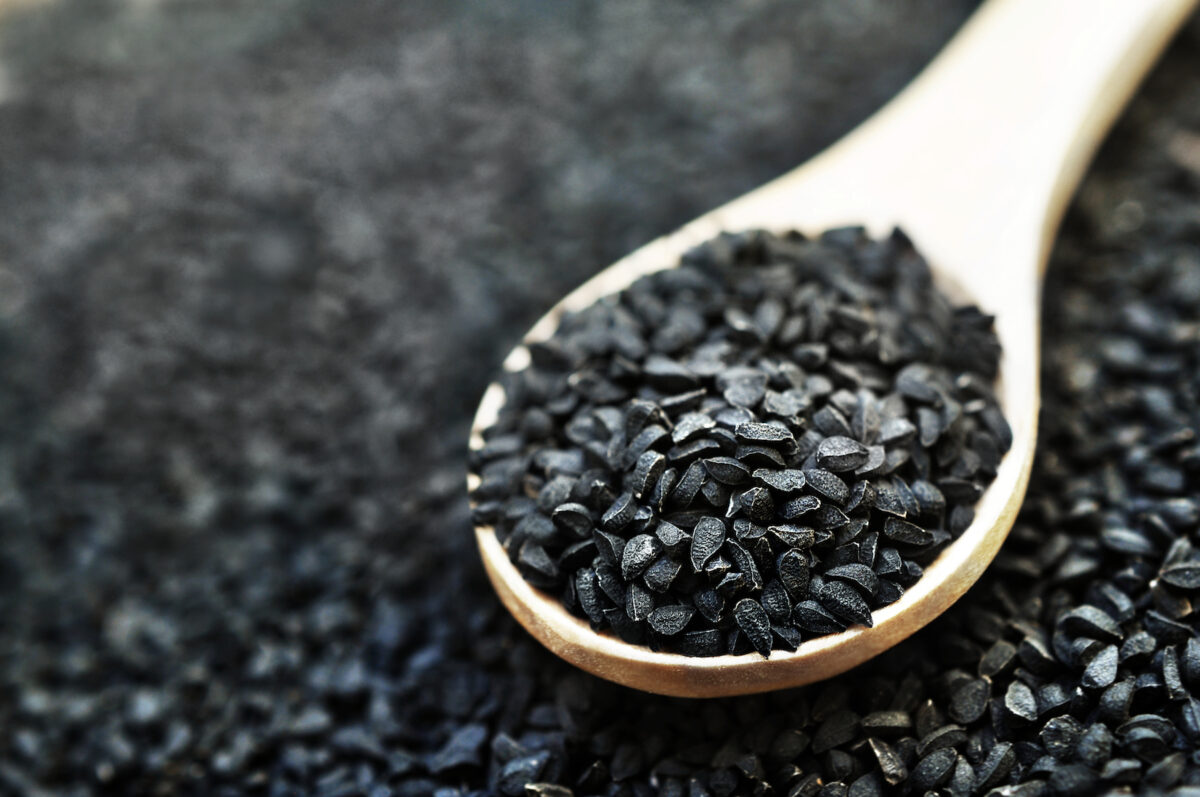
Black cumin seeds, also called black caraway, have a long history of therapeutic use.
A study identified compounds in black cumin seeds that can positively affect immune signaling pathways, showing that the herb could be used as a dietary supplement to activate immune responses.
A comprehensive review concluded that because of a compound called thymoquinone, black cumin seed promotes immunity and cell survival, acts as an antitoxin, and can lessen the side effects of certain drugs.
9. Black Elderberry
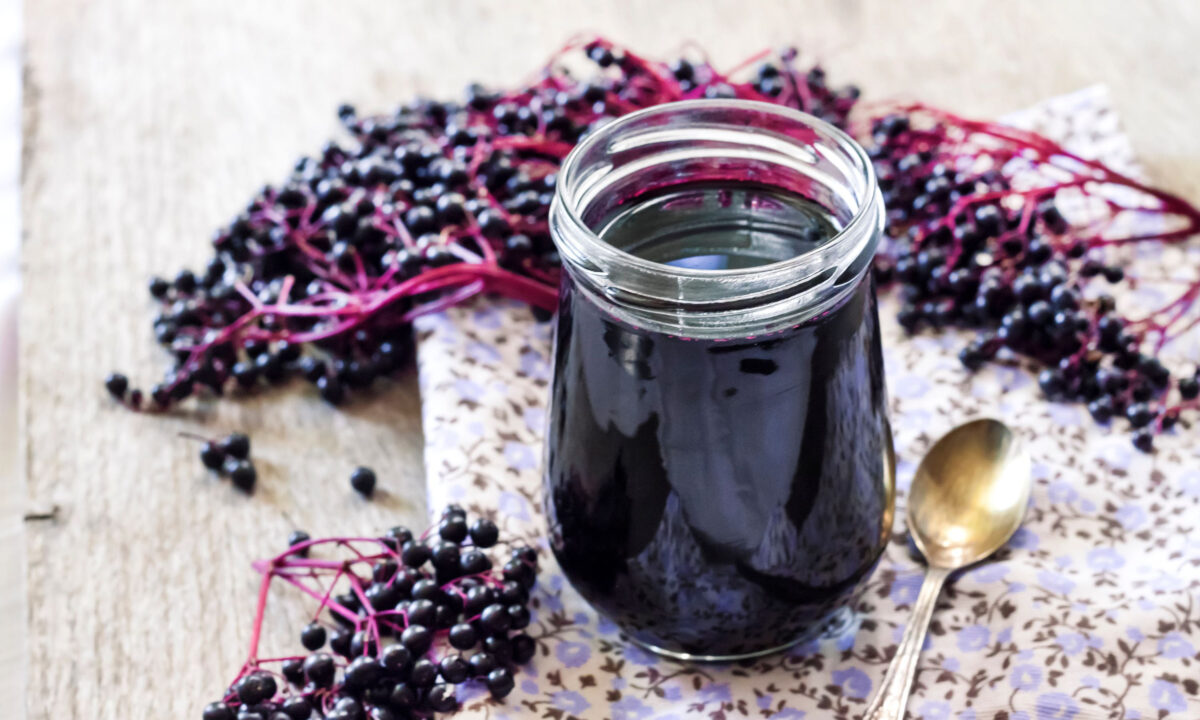
Black elderberry, also called Sambucus nigra, refers to several varieties of the sambucus tree, which has clusters of white flowers and black or blue-black berries.
A placebo-controlled, double-blind study of 312 plane travelers concluded that those who took elderberry supplements had significantly reduced cold duration and severity compared with passengers given a placebo instead.
A systematic review of studies from 2018 found that black elderberry supplements were effective in treating the symptoms of upper respiratory infection.
10. Echinacea
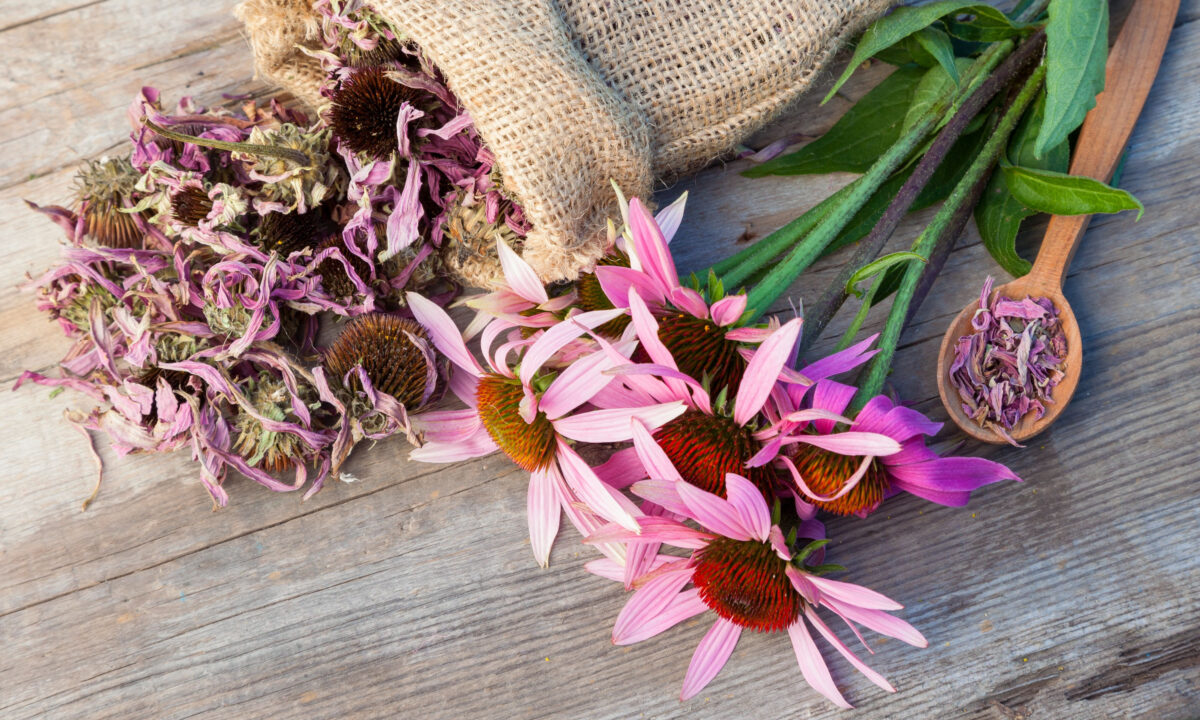
Echinacea refers to a group of flowering plants belonging to the daisy family. There are different species, but Echinacea purpurea is the most common.
A review of 16 studies found that echinacea was more effective than a placebo in preventing and treating upper respiratory infections.
Another review, which looked at 14 studies, found that echinacea reduced the odds of catching a cold by almost 60 percent and decreased the symptom duration by nearly 1 1/2 days.
Are Immune-Boosting Herbal Supplements Safe to Use?
It’s important to get herbal supplements from a reputable brand.
“Echinacea and most herbal products are extremely variable,” Dr. Nima Majlesi, director of medical toxicology at Staten Island University Hospital, told The Epoch Times. He added that the labeling of products in health food stores can be incorrect due to a lack of FDA regulation.
People with allergic reactions to the contents of these supplements should avoid them.
“The fallacy of ‘it’s natural so it’s safe’ is truly concerning, and we need to change the way we think about this,” Majlesi said.
Many drugs are based on natural compounds, and those compounds could have toxicity and potential for adverse effects just like prescription or over-the-counter drugs, he noted.
But overall, “these products are generally very safe, especially if taken for a short duration,” Majlesi said.
Majlesi advises that you discuss whether a product is safe with your health care providers, especially if you have medical issues or take medications daily. If they feel it is safe, and if you want to try to improve your symptoms, consider a short course during specific times at recommended doses.
